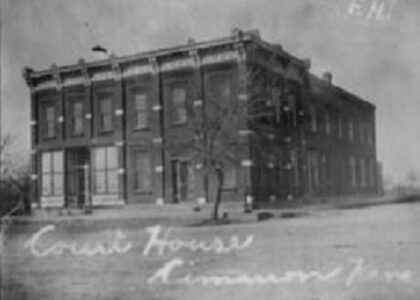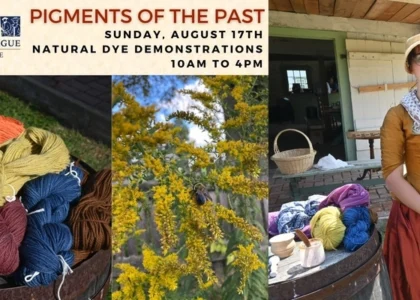Welcome to War Eagle Road, a site rich with history and natural beauty in the heart of Arkansas. This region is not just a picturesque landscape; it holds centuries of stories waiting to be told.
War Eagle Road is most famously associated with War Eagle Mill, a cornerstone of the community since its establishment. The original mill was built by Sylvanus Blackburn in 1832, a pioneer who saw the potential of War Eagle Creek to power a grist mill. Unfortunately, this first mill was washed away by a flood in 1848, but Blackburn’s determination saw it rebuilt, only to be burned during the Civil War in 1862 as Union and Confederate forces clashed in the area.
The mill we see today was reconstructed in 1873 and stands as one of the few remaining water-powered mills in the United States. Its distinctive undershot water wheel is a rare sight, drawing visitors who are eager to step back in time and experience an authentic piece of working history.
Throughout its long history, War Eagle Mill has been more than just a place of commerce. It has been a community hub, witnessing the ebbs and flows of American history. During the Civil War, the mill and the surrounding region were crucial points of conflict, as control of the mill meant control of essential supplies.
The area around War Eagle Road is also known for its natural beauty, with War Eagle Creek providing opportunities for fishing and outdoor recreation. The creek feeds into Beaver Lake, making it a vital waterway for both wildlife and people.
Today, War Eagle Mill hosts annual craft fairs that attract thousands, celebrating the artisanal spirit that has long been part of the area’s heritage. These events bring together craftspeople and artists, creating a vibrant tapestry of local culture and tradition.
As you travel along War Eagle Road, consider the many layers of history that form the foundation of this remarkable region. From the resilience of its early settlers to the enduring legacy of the Civil War, War Eagle Road is a testament to the enduring spirit of the people who have called it home.





